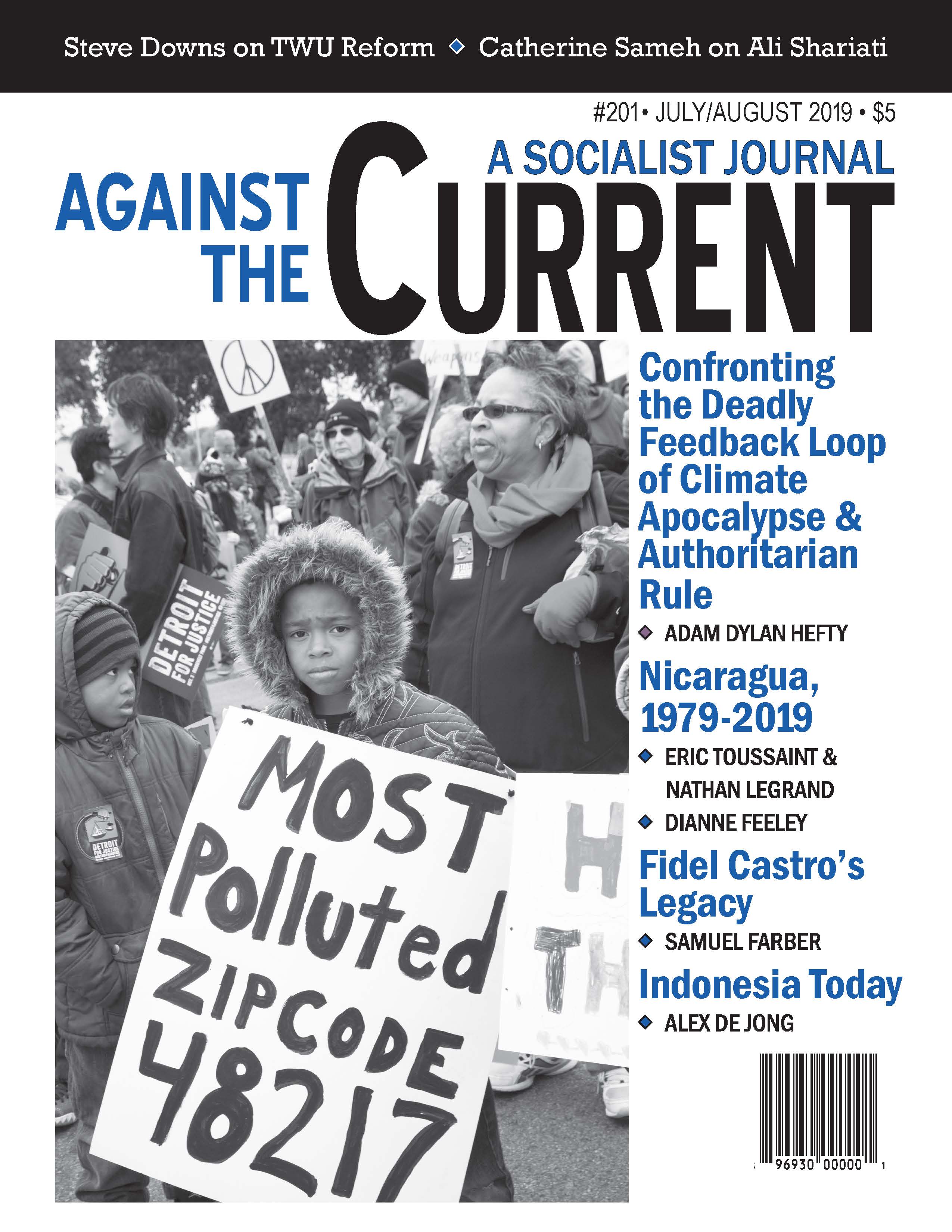Deadline: Tuesday, October 15, 2019
Synopsis of Program:
The Sociology Program supports basic research on all forms of human social organization — societies, institutions, groups and demography — and processes of individual and institutional change. The Program encourages theoretically focused empirical investigations aimed at improving the explanation of fundamental social processes. Included is research on organizations and organizational behavior, population dynamics, social movements, social groups, labor force participation, stratification and mobility, family, social networks, socialization, gender, race and the sociology of science and technology. The Program supports both the collection of original data and secondary data analysis and is open to the full range of quantitative and qualitative methodological tools. Theoretically grounded projects that offer methodological innovations and improvements for data collection and analysis are also welcomed.
In assessing the intellectual merit of proposed research, four components are key to securing support from the Sociology Program: (1) the issues investigated must be theoretically grounded; (2) the research should be based on empirical observation or be subject to empirical validation or illustration; (3) the research design must be appropriate to the questions asked; and (4) the proposed research must advance understanding of social processes, structures and methods.
For additional information: https://pivot.proquest.com/funding_opps/155072 and
https://www.nsf.gov/funding/pgm_summ.jsp?pims_id=505118&org=NSF&sel_org=NSF&from=fund





Recent Comments